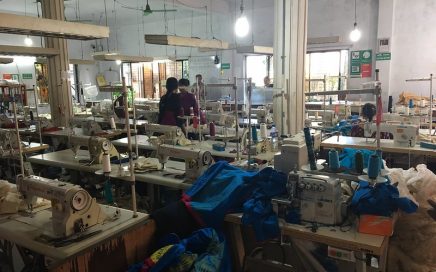
Productive Sectors
Productive economic transformation and diversification goes hand in hand with reducing corruption in a country’s development. The process is led by the expansion of organisational and technological capabilities and increasing productivity in multiple sectors. These may include agriculture, manufacturing and services as well as productive sectors such as skills.
This emergence of competitive organisations engaging similar bodies in contractual relationships is critical to the reduction of corruption because in countries with increasing levels of competitiveness, productive organisations develop a strong interest in ‘horizontal’ rule of law enforcement. Without a reliable and enforceable set of rules, productive organisations are unable to carry out complex contract and interdependent activities, make profits or re-invest in their development.
However, corrupt practices along multiple value chains and productive sectors are also major constraints to development. For example, they can make investments unprofitable by discouraging capable organisations to increase their operations or enter new markets. Rent capture might also divert scarce resources away from productive investments.
Not only does this corruption manifest in different ways across sectors, it involves different organisations with varied incentives and interdependent interests across private and public sectors. For this reason, the design and implementation of feasible anti-corruption reforms call for a sector-specific approach focusing on specific corruption processes.
ACE’s research is informed by an in-depth analysis of power distribution and interests in the selected productive sectors, and the mapping of rent capture and other value capture dynamics.
Our selected sectors include:
- mineral and oil extractives
- fertilizers in agriculture
- food value chains, textile and garments
- electronics and pharmaceutical industries
- technical skills development
Unleashing productive sectors’ potential and reducing their vulnerability to corruption in the early stages of development is critical to improving development outcomes and is central to ACE’s research approach. Given the nature of this research the private sector and business organisations are key stakeholders for ACE.




